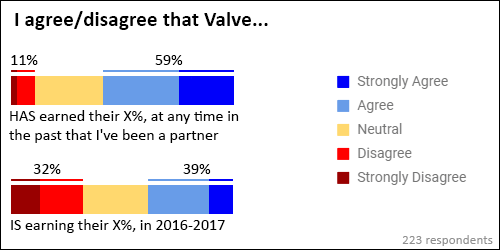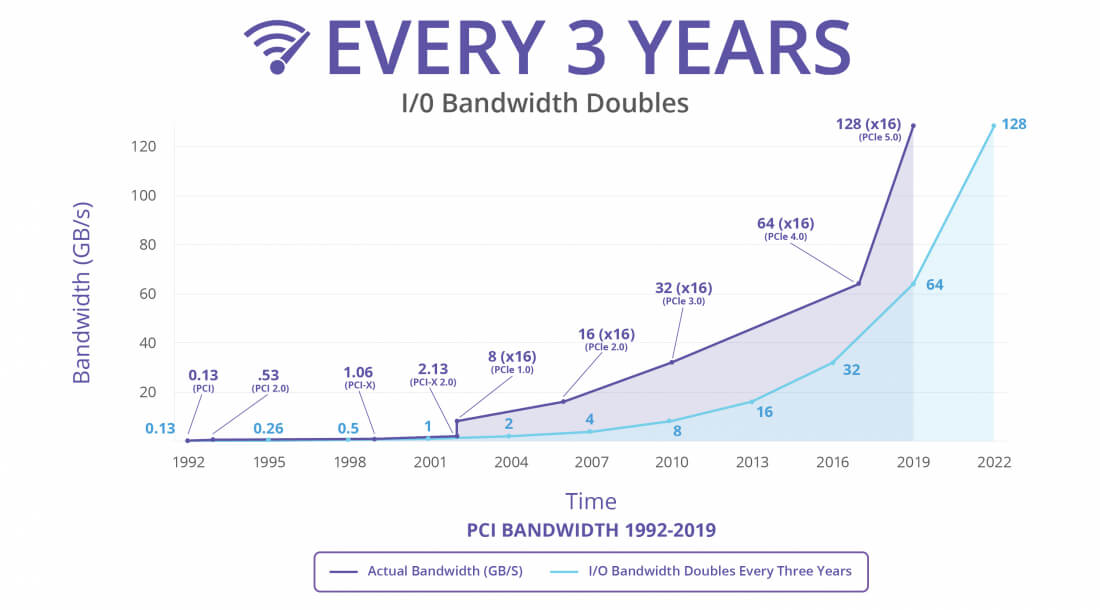PCI-SIG finalizes and releases PCIe 4.0, version 1 specification: 2x PCIe bandwidth and more This week, PCI-standards consortium PCI-SIG (Special Interest Group) has ratified and released specifications for PCIe 4.0 Specification Version 1, uploading the documents to their PCI-SIG Specification Library. This marks the full release of PCIe 4.0, following up on June's revision 0.9 specification publication. AnandTech
You will lose your job to a robot---and sooner than you think I want to tell you straight off what this story is about: Sometime in the next 40 years, robots are going to take your job. I don't care what your job is. If you dig ditches, a robot will dig them better. If you're a magazine writer, a robot will write your articles better. If you're a doctor, IBM's Watson will no longer "assist" you in finding the right diagnosis from its database of millions of case studies and journal articles. It will just be a better doctor than you. Mother Jones
Scientists get first close-ups of finger-like growths that trigger battery fires Scientists from Stanford University and the Department of Energy's SLAC National Accelerator Laboratory have captured the first atomic-level images of finger-like growths called dendrites that can pierce the barrier between battery compartments and trigger short circuits or fires. Dendrites and the problems they cause have been a stumbling block on the road to developing new types of batteries... Nanowerk
Korean banks sue Southern California computer parts retailer Newegg, alleging 'Ponzi scheme' Four South Korean banks filed a lawsuit against Newegg, Inc. on Friday alleging that the City of Industry company, which operates the computer parts and accessories retailer Newegg.com, conspired with a South Korean hardware manufacturer to defraud the banks of hundreds of millions of dollars. LA Times
Twitter admits to overstating users for years Twitter Inc. on Thursday said it had overstated the number of users of its online service since late 2014, another black eye for a company that's struggled with controversies over its handling of political messaging and phony accounts. In recent weeks, the company said, it had become aware that it had been including users of a service for third-party apps, which should not have been part of its own user counts. MarketWatch
Amazon gains wholesale pharmacy licenses in multiple states Throughout the past year, and without much fanfare, Amazon.com Inc. has gained approval to become a wholesale distributor from a number of state pharmaceutical boards, according to a review of public records. It's unclear, though, whether the regulatory filings support speculation that the e-commerce giant is planning a move into the prescription drug delivery business... St. Louis Post-Dispatch

An AI has learned how to pick a single voice out of a crowd Devices like Amazon's Echo and Google Home can usually deal with requests from a lone person, but like us they struggle in situations such as a noisy cocktail party, where several people are speaking at once. Now an AI that is able to separate the voices of multiple speakers in real time promises to give automatic speech recognition a big boost, and could soon find its way into an elevator near you. New Scientist
This company's robots are making everything---and reshaping the world The headquarters of Fanuc sit in the shadow of Mt. Fuji, on a sprawling, secluded campus of 22 windowless factories and dozens of office buildings. The grounds approach the lower slopes of Japan's most famous peak, encircled by a dense forest that Fanuc's founding CEO, Seiuemon Inaba, planted decades ago to shield the company's operations from prying eyes... Bloomberg
GCP products described in 4 words or less Machine Learning: Cloud Machine Learning Engine – Managed ML (TensorFlow) | Cloud Job Discovery – ML Job Search/Discovery | Cloud Natural Language – Text Parsing and Analysis | Cloud Speech – Convert Speech to Text | Cloud Translation – Language Detection and Translation | Cloud Vision – Image Recognition and Classification | Cloud Video Intelligence – Scene-level Video Annotation Medium
IBM scientists say radical new 'in-memory' computing architecture will speed up computers by 200 times IBM Research announced Tuesday (Oct. 24, 2017) that its scientists have developed the first "in-memory computing" or "computational memory" computer system architecture, which is expected to yield 200x improvements in computer speed and energy efficiency --- enabling ultra-dense, low-power, massively parallel computing systems. Kurzweil AI

Computers are learning to recognize letters like we do One of the ways computers distinguish humans from robots is with CAPTCHAs --- that little box with a weird letter combination at the bottom of your online ticket or other transaction. Researchers report they've now trained a computer to solve CAPTCHAs using less data than other AIs by borrowing the human brain's approach to the problem. Axios
DARPA scientists unveil brain device that boosts learning by 40 percent A brain device that can increase learning by up to 40 percent has been revealed by scientists funded by the Defense Advanced Research Project Agency (DARPA). While the device was originally tested on macaques, researchers said it could be a cheap and non-invasive way of "altering functional connectivity in humans" in the future. Newsweek
The biggest issues with Steam in 2017, according to 230 developers For every game sold on Steam, Valve gets a cut. Today, according to a survey of more than 200 PC developers, only 39 percent believe Valve is earning its share, compared to 59 percent at some point in the past. This is that survey. PC Gamer

Makerbot really wants you to like them again For the last couple years, a MakerBot press release has generally signaled that more pink slips were going to be heading out to the already shell-shocked employees at their NYC factory. But just last week something that could almost pass as good news came out of the once mighty 3D printer manufacturer, the unveiling of "MakerBot Labs". Hackaday
CRISPR 2.0 is here, and it's way more precise You've probably heard of the molecular scalpel CRISPR-Cas9, which can edit or delete whole genes. Now, scientists have developed a more precise version of the DNA-editing tool that can repair even smaller segments of a person's genome. MIT
